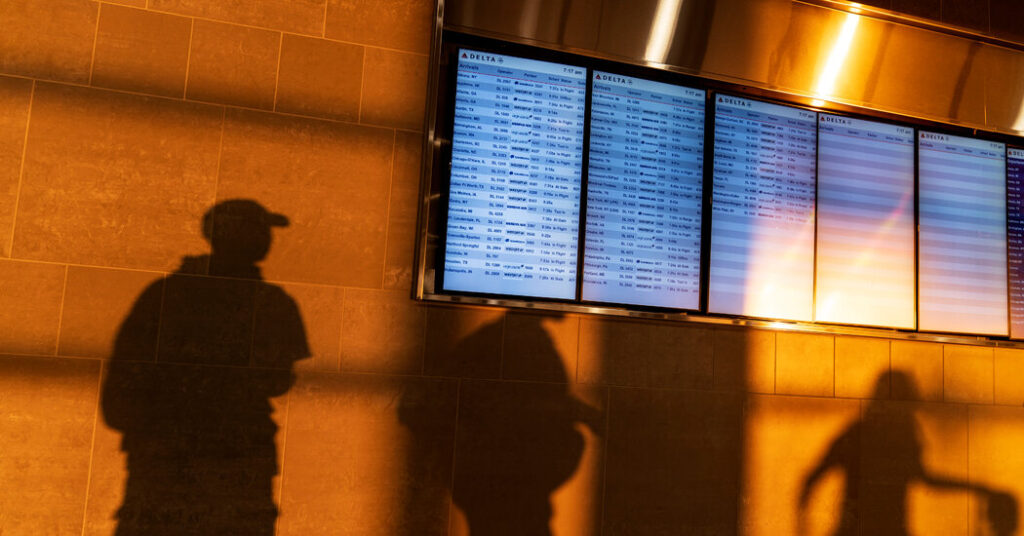
WASHINGTON, D.C. – The U.S. Justice Department has filed charges against two Chinese researchers accused of attempting to smuggle a dangerous fungus into the United States, amid heightened scrutiny of Chinese nationals in American academic institutions.
Breaking: Smuggling Attempt Uncovered
The charges, announced on Tuesday, involve Yunqing Jian, 33, and Zunyong Liu, 34. According to authorities, the pair were romantically involved last July when Mr. Liu allegedly entered the U.S. with small bags of Fusarium graminearum, a fungus known to cause head blight, a disease that can devastate crops such as wheat, barley, maize, and rice.
Immediate Impact on Agriculture
The fungus poses a significant threat to American agriculture, particularly affecting winter wheat crops. Research funded by the Agriculture Department has tracked the disease in 32 states over the past year, with Northern and Eastern states being particularly vulnerable.
32 states have reported cases of head blight, a disease caused by Fusarium graminearum, threatening key crops.
Key Details Emerge
Ms. Jian was apprehended and processed at the federal courthouse in Detroit, while Mr. Liu is believed to have returned to China. The case unfolds as the Trump administration intensifies efforts to restrict Chinese student visas, citing concerns over the potential theft of sensitive technology and trade secrets.
Industry Response and Concerns
Meanwhile, agricultural experts express alarm over the potential impact of such biological threats on the U.S. farming industry. “The introduction of this fungus could have catastrophic consequences for our crop production,” said Dr. Emily Carter, an agricultural scientist specializing in plant pathogens.
Background Context
The announcement comes as U.S.-China relations remain tense, particularly over issues of intellectual property and academic espionage. The Trump administration’s policies aim to address these concerns by closely monitoring Chinese nationals in research roles.
“The move represents a significant shift from previous policies, reflecting growing apprehension about foreign influence in American scientific research,” noted Professor James Lin, an expert in international relations.
What Comes Next
As the case progresses, legal experts anticipate further developments, potentially affecting bilateral relations and academic exchanges. The Justice Department’s actions underscore a commitment to safeguarding U.S. agricultural and technological interests.
The timing is particularly significant as the U.S. government continues to evaluate its policies regarding foreign students and researchers. The outcome of this case may set a precedent for future actions in similar scenarios.
According to sources familiar with the investigation, additional measures may be implemented to prevent similar incidents, ensuring the protection of critical industries from biological threats.







